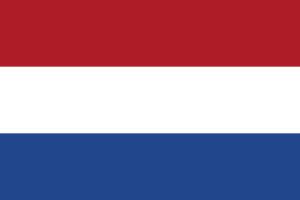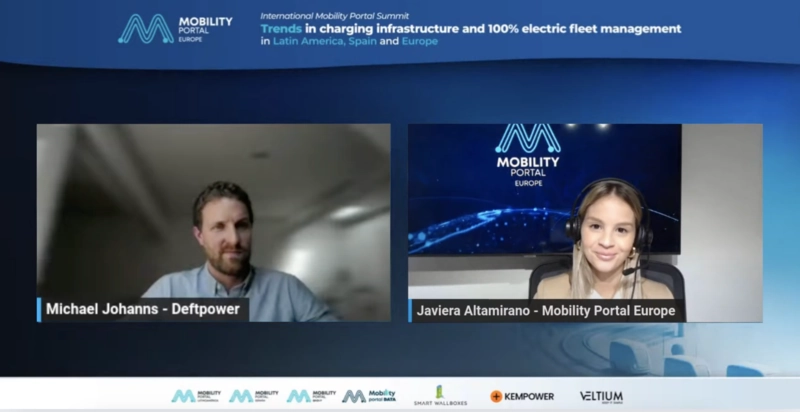It is no surprise that the Netherlands is experiencing a strain on its electricity grid, directly impacting the eMobility transition.
“We are beyond the early adopters, incentives and subsidies. Now the ketchup is coming full out of the bottle, so the big mass market is finally here, and this comes with problems,” says Michael Johanns, Business Developer Smart Charging at Deftpower.
“We now see on the charging graphs that our vehicles or those of our customers are charging at the wrong times” he highlights at the International Mobility Portal Summit organised by Mobility Portal Europe.
What is this timeframe?
Between 17:00 and 20:00 hours, “when prices are high and the grid is strained, but cars are parked for 12 hours.”
This issue is closely linked to a complaint made some time ago by Stedin, the regional Dutch operator.
The company requested that public charging stations for electric vehicles (EVs) be disconnected between 16:00 and 21:00 hours.
Furthermore, it considers this measure necessary, as the network is at its limit during this time.
It also states that for every charging point turned off during the afternoon peak, a new house can be connected to the electricity grid.

“In the current system, there is no incentive to delay this charging, so drivers should not do it for free, as they have this flexibility,” explains Johanns.
Therefore, he suggests that politicians adopt an approach that allows for shifting this to night-time and midday hours, resulting in a “significant reduction in total costs.”
“We must require charge point operators (CPOs) to set maximum prices and have a variable grid,” he emphasises.
This will motivate drivers to “refuel” their cars during hours of sunlight and wind, when costs are lower.
It will also help reduce the need to expand the electrical infrastructure, leading to cost savings.
“This approach must be present as we reach millions of cars that need to be charged at the right time,” he asserts.
In this regard, he states the importance of focusing on what is to come.
To this end, Deftpower is directing its attention towards integrating cutting-edge technologies, optimising efficiency, increasing reliability, and mitigating the carbon footprint associated with energy production and consumption.
Their next step focuses on smart charging, which will enable the supply of electricity to EVs at the optimal time, resulting in cost reductions.
Currently, the company offers software solutions to mobility service providers to optimise the car refuelling process and integrate their flexible capacity into the energy network.
With this, the Dutch firm aims to contribute to the transition towards a cleaner future, accelerate the adoption of zero-emission cars, promoting the use of renewable energies and reducing dependence on fossil fuels.
In this context, it recently received 2.5 million euros in funding from the European Innovation Council and SMEs Executive Agency (EISMEA) to advance smart charging.
“We will launch the first project in a week in Norway, for which we received pricing incentives from a local grid operator for specific drivers and locations facing issues,” he details.
The goal is to concentrate charging during these specific hours to maintain the stability of the electrical infrastructure, in coordination with the country’s dynamic prices.
Where does Deftpower operate?
From the beginning, the company has been significantly strong in Norway and the Netherlands.
In a second phase, it will cover Benelux, Germany, France, Switzerland, and several other countries.
“We are a European platform because all the principles of roaming and also the fiscal ones are similar across the continent,” says Johanns.
The firm uses communication standards that could be applied anywhere in the world, which is why it has clients requesting that they look across the Atlantic, “which will probably happen at some point.”
Nevertheless, for now, Deftpower is a 100 per cent European platform.
Relive Deftpower’s presentation at the International Mobility Portal Summit:








